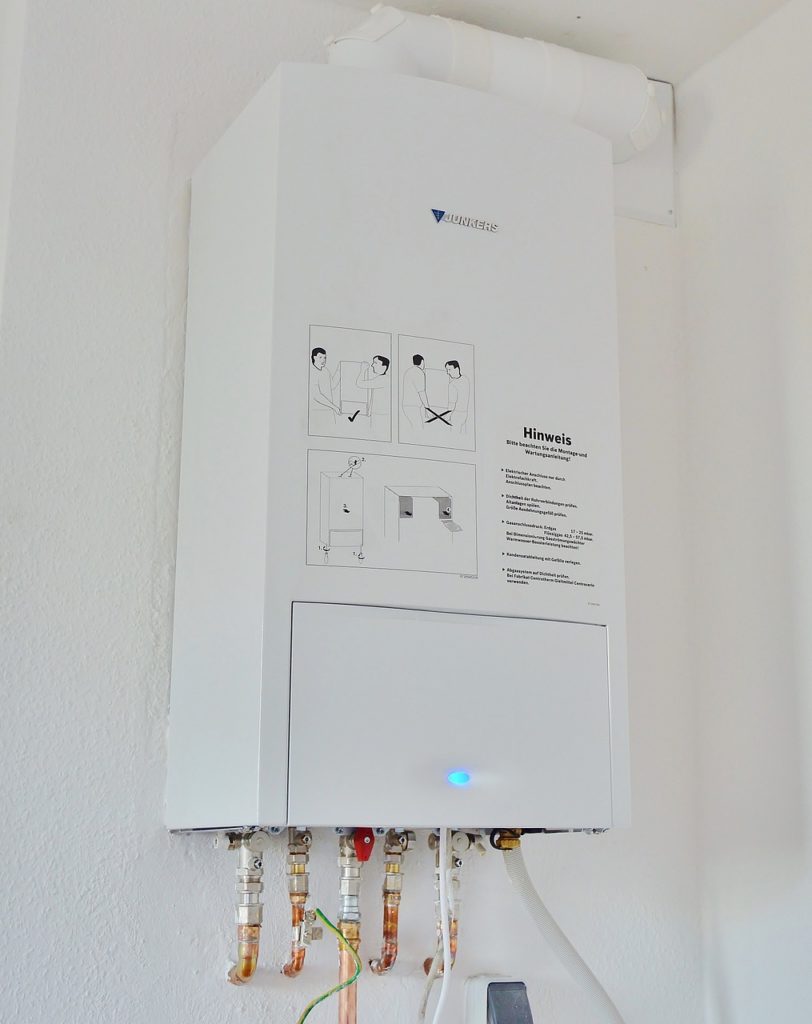
If you’ve ever been the victim of a nice hot shower that took a turn for the worse and went cold, you might be familiar with an older traditional water heater that only provided a limited amount of hot water. Those of us who came from larger families, who were third or fourth in line for a shower will understand the unique desire for hot water on demand. Tankless water heaters, also refereed to as demand water heaters, are one answer to instantaneous hot water as needed in your home.
How They Work
As the name might suggest, a tankless water heater does not use a tank, there is no need to store hot water. When a tap is turned on, cold water will travel through a pipe to the main unit. Either an electric or gas element will heat the water as it travels through the unit until the tap is turned off, and there you have it, endless hot water.
A tankless will have limitations, average tanks usually output about 2-5 gallons of hot water per minute. So if you decide to take a hot shower and also run a load of dishes through the dishwasher you may run into a supply/demand problem. For some people an optional fix is to install more than one tankless water heater, to meet their large demand.
Saving Energy and Money
It is estimated that the average family can save $100 or more per year with a tankless water heater. While the initial cost may be greater, these tanks typically last longer and have lower operating costs overall. A tankless is also better for the environment, because the tank only runs when needed, the energy used is far less than the conventional heater. On average a tankless water heater is about 30% more efficient than a 50 gallon tank water heater, and when coupled with other energy saving tactics can significantly help lower your monthly bills.
Contact us to learn more about energy saving products or to request a quote.
